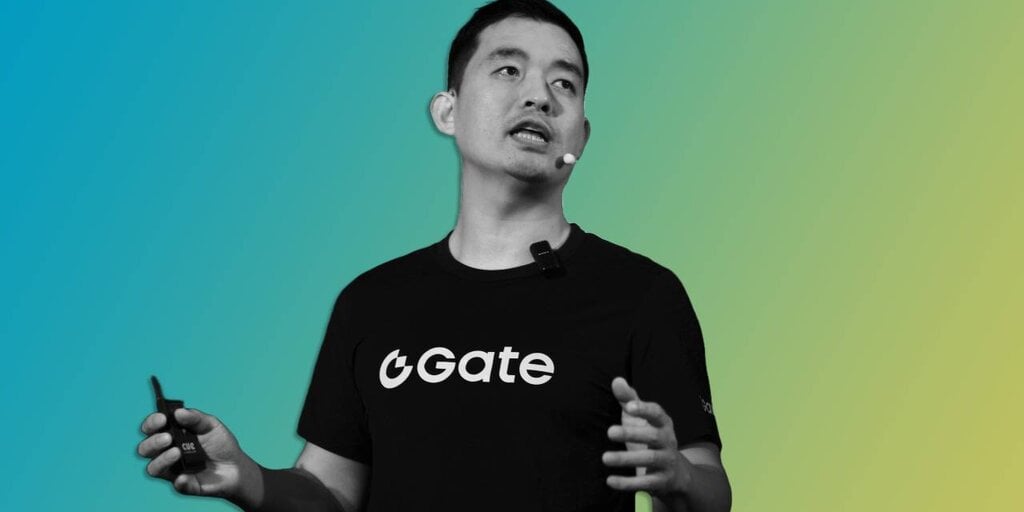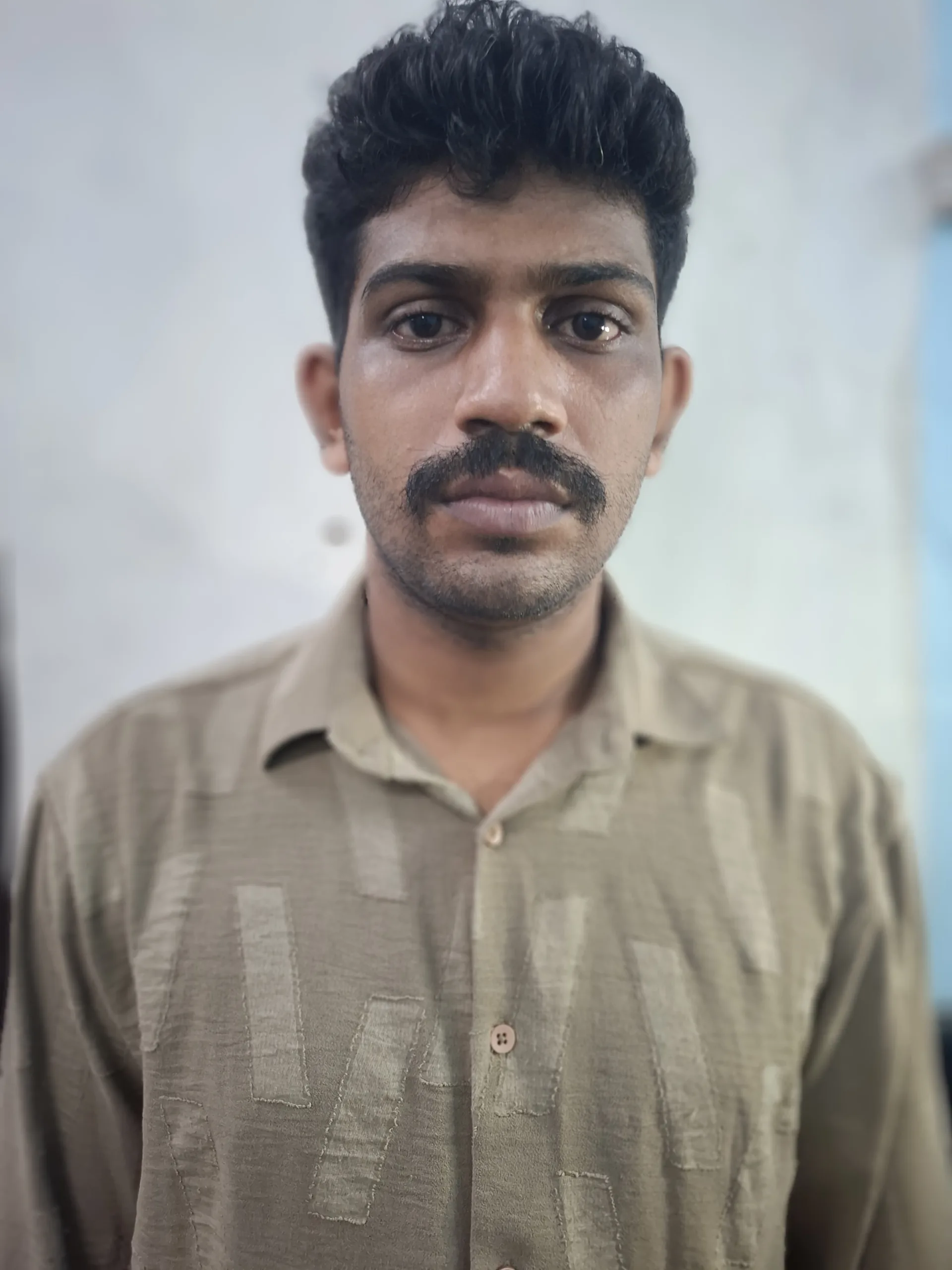Copyright The Associated Press

Prominent lawyers in criminal and civil law and across the private and public sectors concur that a dearth of lawyers, especially in their early careers, present barriers to accessing legal services in Vermont — which they say threatens the principle of a functioning justice system. Earlier this month, the Vermont Supreme Court formed a commission of legal experts from across the state to take a closer look at the issue. The group will begin meeting in November and will eventually recommend ways to fill gaps in services. “If people can’t access the courts, that’s a real problem for our democracy,” said Josh Diamond, president of the Vermont Bar Association, an association of lawyers in the state. What concerns experts is that there are only a handful of attorneys in Vermont’s most rural counties and “many of them are greying,” he said. Attorneys are reportedly seeing a shortage of legal services in the Northeast Kingdom and across southern Vermont. And with more than half the attorneys in the state over the age of 56, officials at the head of Vermont’s judicial system are concerned about the future of legal services in Vermont. “The bottom line is we don’t have enough lawyers to do the work in Vermont,” said Defender General Matt Valerio. The commission plans to determine what areas of Vermont count as “legal deserts” — which the American Bar Association defines as a place with fewer than one attorney per 1,000 residents. The group will also look to identify what areas have the fewest legal resources. The goal is to recommend strategies for attracting more attorneys, and their services, to where they are needed. The group will be co-chaired by state Supreme Court Associate Justice Harold E. Eaton and Bar Counsel for the Vermont Judiciary Michael Kennedy. Among the members will be representatives from the state attorney general’s office, defender general’s office and the Vermont Law and Graduate School. “I think it’s going to take a village for everyone to come together to address these problems and come up with a solution,” Diamond said. One concern is that there are as many attorneys over the age of 80 in the state as there are under 30, according to a 2025 repor t issued by the Vermont Supreme Court. That study encompassed lawyers across all areas of law and across public and private sectors. Whether attorneys are starting out in the field or have experience, younger attorneys aren’t seeking out jobs in Vermont, Diamond said. Young lawyers have high student loan debt, and salaries for attorneys in the state tend to be lower compared to other places in the country, he said. Another factor is that Vermont Law School, the state’s sole law school, tends to almost exclusively attract students from out of state who often leave Vermont after graduation. A 2021 report from the state bar association found that fewer than 10% of Vermont Law School students are from Vermont, and that fewer than 10% of the private school’s graduates remain in the state. A lack of affordable housing and affordable childcare, while not unique to attorneys, also tends to be a significant barrier for young people looking to practice law in the state, the bar association report found. People across the profession have a particularly hard time recruiting diverse lawyers from elsewhere, Diamond said. He has heard anecdotally that it can be difficult for attorneys who are part of an ethnic minority to find community and affinity organizations. People don’t want to live in the state if there might be only a few people in their minority group in town, he said. Valerio, whose office oversees all public defenders in the state, has had similar problems finding lawyers to work in the public sector, he said. “Twenty-five years ago they used to come to us,” he said. Now he has to poach lawyers from outside of the state, he said. And he figures he still has it better than private practices because there is some student loan forgiveness in the public sector, he said. When there are very few attorneys in a county, that also causes problems with conflict of interest, Valerio said. If a public defender has represented someone in the past, they can’t represent a case in which that same person is a witness. As a result, it becomes difficult for people to find an attorney if they’ve been involved with other lawsuits in the past, Valerio said. Diamond echoed the same concern. In the realm of civil law, Legal Services Vermont and Vermont Legal Aid, which handle some civil legal cases at a low cost or free of charge, are usually able to fill open positions, but do not have the financial resources to hire enough lawyers amid steep increases in housing-related cases, according to Executive Director Sam Abel-Palmer. The organization doesn’t have “remotely enough people to help everyone who needs help,” he said. It often serves vulnerable Vermonters who can’t afford to hire a private attorney. The organization has no physical offices south of Springfield and Rutland, and he considers it a barrier for people to have to travel long distances to an office, he said. A large bulk of the cases they handle are family law cases, and in recent years Legal Services Vermont has seen a significant uptick in eviction cases, Abel-Palmer said. The Vermont Human Rights Commission, which also handles cases of housing discrimination, has had to turn away many cases because of understaffing. Kennedy, a co-chair of the new Vermont Supreme Court commission, said that while he didn’t want to speak for the commission before its first meeting, he expected the group would likely turn to other states for examples of how they are addressing similar issues. “I hope what we’re able to do is look to see what has worked in other jurisdictions, what hasn’t worked, and use that to inform any decision we make,” Kennedy said. ___



